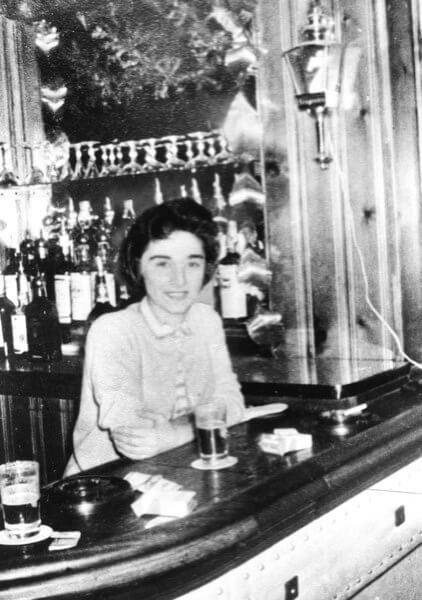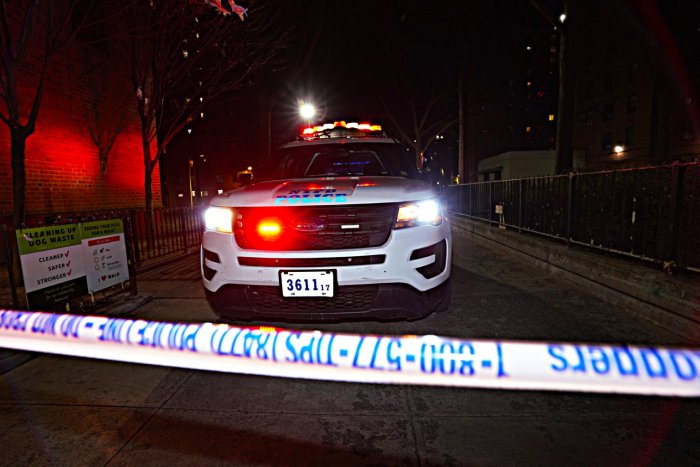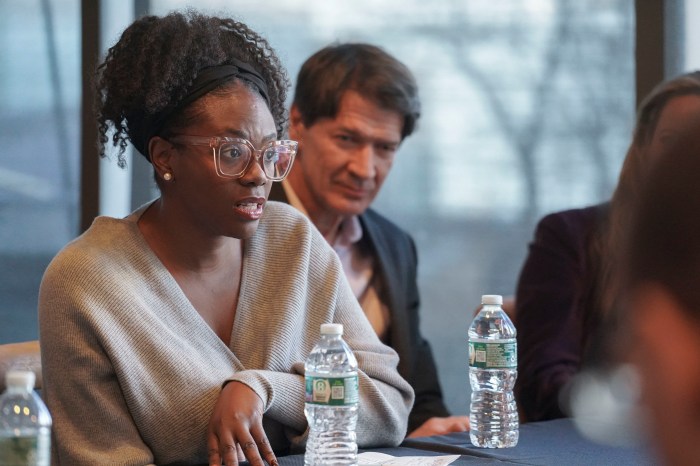By Patrick Donachie
Many know the story of the harrowing murder of Kitty Genovese, but according to the new documentary, “The Witness,” a lot of people may have the story wrong.
In the early morning hours of March 13, 1964, Genovese parked in the lot of the Kew Gardens Long Island Rail Road station and began walking toward her apartment. She was approached by Winston Moseley, who attacked and stabbed her twice in the back. Moseley fled after Genovese shrieked and stumbled toward her home.
Moseley returned soon afterward, and attacked Genovese again, raping and stabbing her before fleeing. He was later captured and died in prison. Genovese died in the rear hallway of her apartment building, and the story goes that 37 people heard her screaming but did not come to her aid.
It’s the black-and-white simplicity of this final purported fact that “The Witness” questions, and through the film the viewer learns that the number of people who heard her screams may be far lower than 37, and the witnesses may have been far more confused about what they were seeing and hearing.
The film follows Kitty’s younger brother Bill, who investigated the circumstances surrounding her murder while being documented by director James Solomon for years. Bill contends that the New York Times may have fudged the truth about the witnesses in its reporting to chase more provocative headlines.
The film simultaneously acts as an indictment of journalism that is loose with the truth, a study of Bill’s obsession with the murder and a requiem for a woman whose life is most famous for how it ended. She was 28 when she died.
It finds its greatest success when it fills in the blanks of Kitty’s life, painting a picture of her as a complicated and engaging woman with a buoyant sense of humor and a mischievous streak.
At one point in the film, Bill interviews A.M. Rosenthal, the storied former editor of the New York Times who wanted the drama heightened by focusing on the witnesses who allegedly refused to act. Rosenthal said he had no regrets about the story that originally ran, asserting that Genovese’s death led to the creation of the modern 911 system.
There are other high-drama moments, including an unsettling re-creation of the murder on the streets of Kew Gardens. But the film hits heaviest in the quiet moments, when Bill speaks to Kitty’s friends and Mary Ann Zielonko, Kitty’s lover.
It also delivers a jolt when Bill learns that his sister may not have died alone, as he always believed, but passed away in the arms of a friend who came running when she heard the screams.
“The Witness” is currently playing at several theaters throughout the city, including the Kew Gardens Cinemas at 81-05 Lefferts Blvd., steps from Genovese’s old apartment.
Reach reporter Patrick Donachie by e-mail at pdona




































